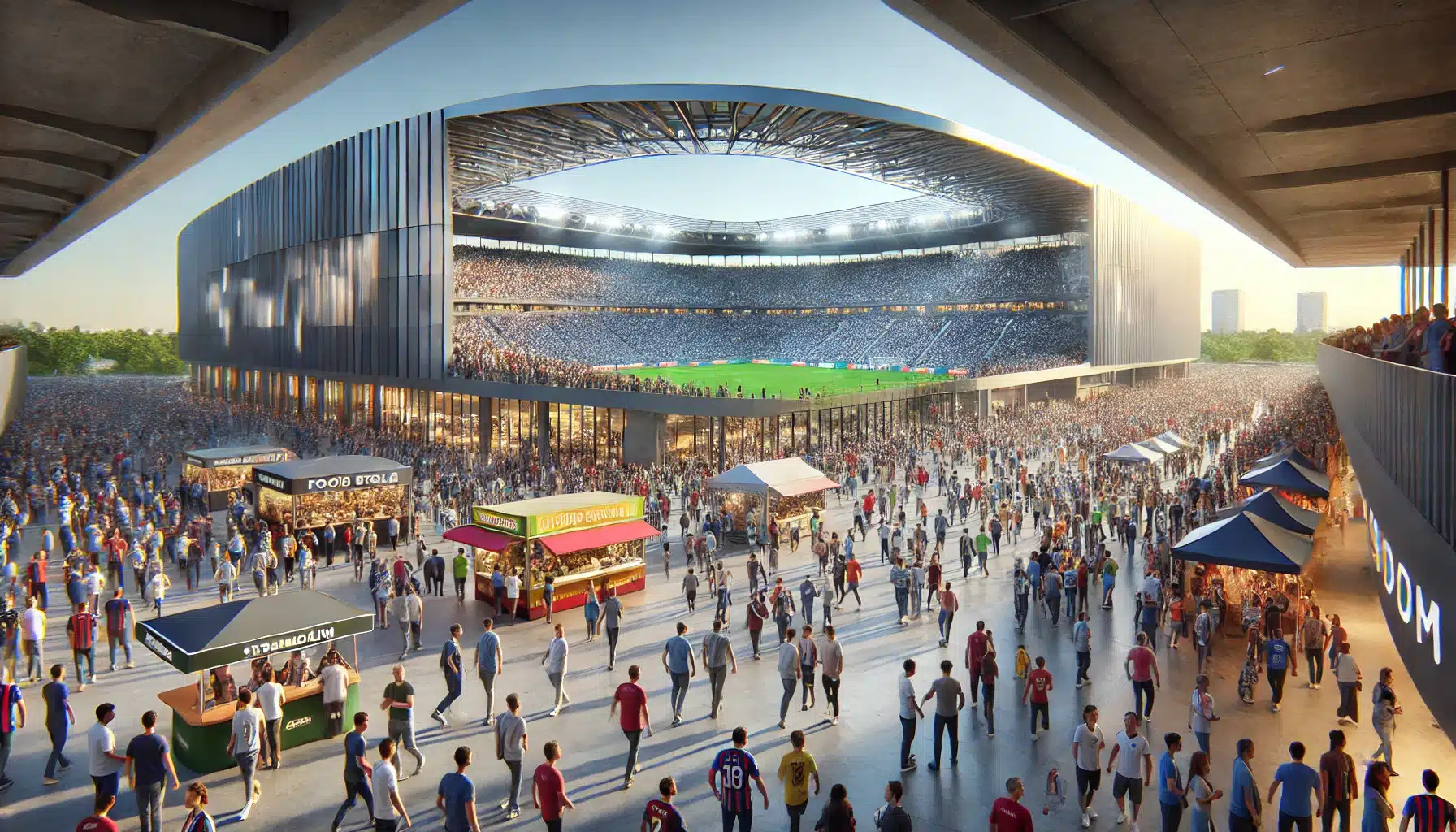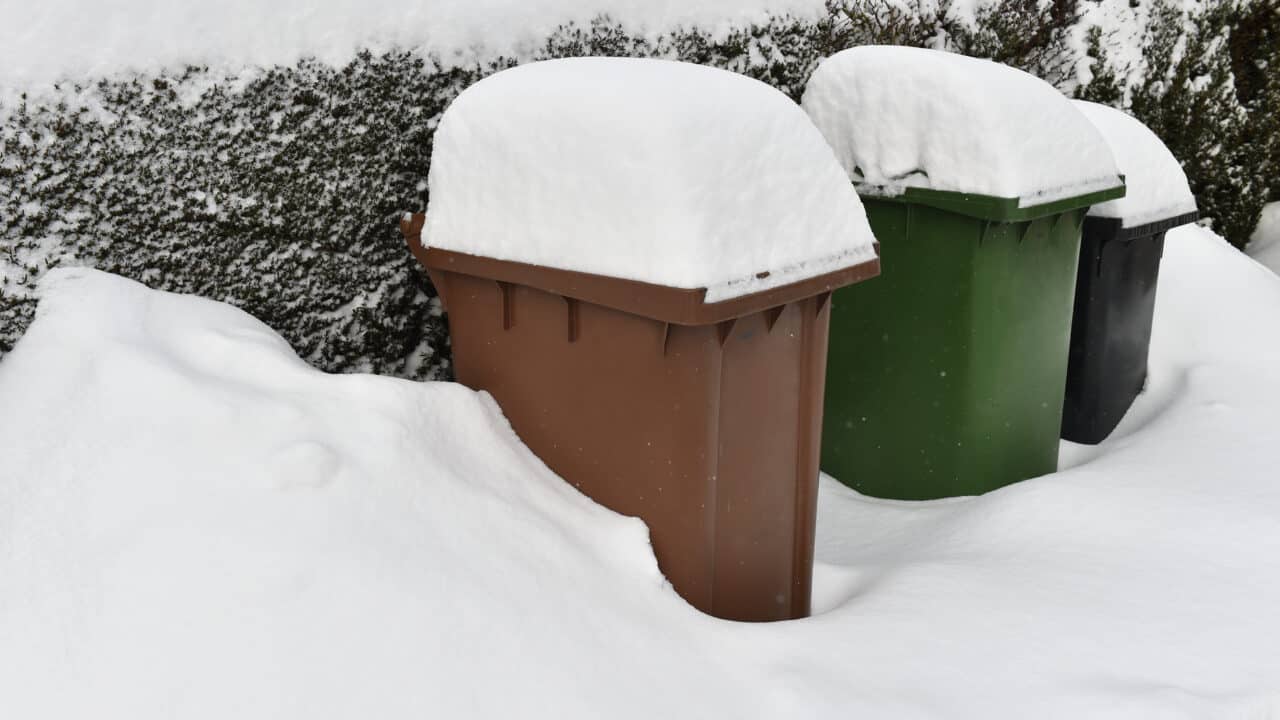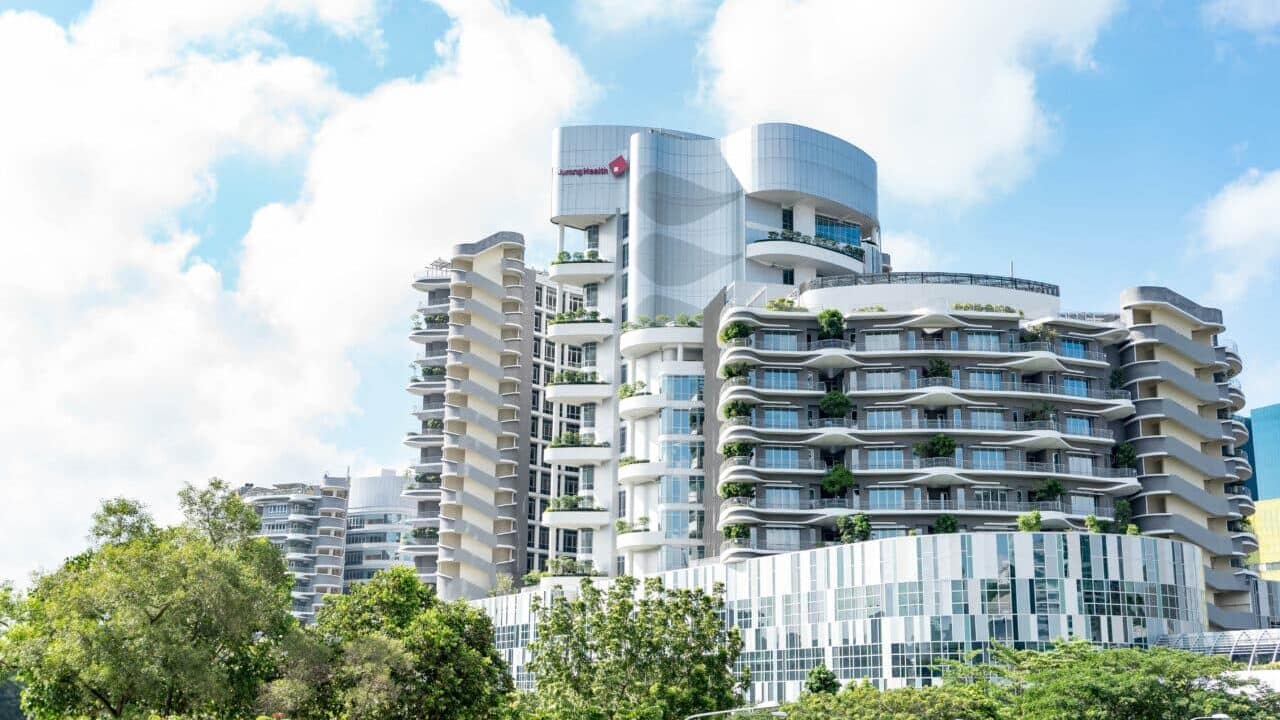As the United Kingdom embarks on ambitious stadium redevelopment projects, integrating advanced technologies like automatic waste collection systems is essential. These systems streamline operations and bolster environmental sustainability, making them a prudent choice for modern stadium designs.
Many UK stadiums, constructed decades ago, struggle to meet contemporary demands for efficiency and sustainability. Challenges include outdated waste disposal methods leading to unclean environments, inadequate recycling infrastructure, and a failure to align with fans’ growing eco-conscious expectations. With substantial investments directed toward stadium renovations and new constructions, now is the opportune moment to implement innovative waste management solutions.
The Trend of Stadium Redevelopment
The UK’s commitment to enhancing sports venues is evident in several high-profile projects. Manchester United, for instance, has announced plans for a £2 billion, 100,000-seat stadium designed by Foster and Partners, featuring an iconic “umbrella” design. This development is part of a broader regeneration effort in the Trafford Park area, aiming for completion by 2030. Such projects present prime opportunities to incorporate automatic waste collection systems into their infrastructure.
Other projects include
- Manchester City’s Etihad Stadium Expansion: A £300 million renovation plan has been approved to expand the North Stand, adding 7,900 seats and increasing the stadium’s capacity to over 60,000. The project also includes a new hotel, a covered fan park for 6,000 people, and additional VIP areas.
- Nottingham Forest’s City Ground Redevelopment: Plans are underway to build a new 10,000-capacity Peter Taylor Stand, replacing the existing structure from the 1950s. This redevelopment will increase the overall stadium capacity to 35,000 and includes new state-of-the-art facilities.
- Crystal Palace’s Selhurst Park Expansion: The club has received approval to increase the stadium’s capacity to over 34,000 by constructing a larger Main Stand with a capacity of 13,500 seats, featuring a four-tier design and a glass frontage.
Integrating Envac’s automatic waste collection systems into these modernization projects can enhance operational efficiency, sustainability, and the overall fan experience.
Advantages of Automatic Waste Collection Systems
Integrating automatic waste collection systems during stadium construction or renovation offers multiple benefits:
- Operational Efficiency: Pneumatic waste collection systems transport waste from disposal points to central collection areas, reducing labor costs and simplifying operations.
- Environmental Sustainability: These systems support recycling initiatives, decrease landfill contributions, and assist stadiums in achieving sustainability certifications, aligning with the sports industry’s environmental goals.
- Enhanced Visitor Experience: Cleaner facilities with reduced odors contribute to a more enjoyable atmosphere for fans. Additionally, reallocating staff from waste management to other services can improve overall fan satisfaction.
- Future-Proofing: Incorporating sustainable waste solutions ensures compliance with evolving environmental regulations, positioning stadiums for long-term success in an eco-conscious market.
- Adaptability to Waste Volume Fluctuations: Envac’s system is designed to efficiently manage varying waste volumes, ensuring smooth operations during peak events while maintaining efficiency during lower-capacity days. This adaptability reduces strain on staff and prevents waste overflow.

Envac’s Role in Sustainable Stadium Design
At Envac, we specialize in designing and implementing automatic waste collection systems tailored for large venues, including stadiums. Our services include:
- Custom System Design: Our engineers collaborate with architects to seamlessly integrate pneumatic waste collection systems into both new and renovated stadiums, addressing each venue’s unique needs.
- Sustainability Expertise: Our systems promote recycling, reduce landfill waste, and assist in achieving certifications, ensuring alignment with environmental objectives.
- Operational Efficiency: Envac’s solutions optimize waste flow, minimizing the need for manual labor and allowing staff to focus on enhancing fan services and operational performance.
- Comprehensive Support: From planning to installation and maintenance, Envac provides full-service support, ensuring your waste collection system remains effective and up-to-date.
Extending Beyond Stadiums
Envac systems can also enhance sustainability in surrounding mixed-use developments, including residential, commercial, and food and beverage operations. The Wembley Park project in London exemplifies how automatic waste collection systems improve efficiency and sustainability in urban developments while Barking Riverside has a consistently high recycling rate of 41%, compared to the 12% average for London flatted properties
Pioneering Sustainable Stadium Design
The redevelopment of UK stadiums offers a unique opportunity to revolutionize waste management in the sports and entertainment industry. By integrating automatic waste collection systems, venues can enhance operational efficiency, promote sustainability, and improve the overall fan experience, positioning themselves as leaders in environmental stewardship.
Envac is prepared to assist your stadium in leading the way with sustainable design and innovative waste management solutions. Together, we can build the stadiums of the future—efficient, eco-friendly, and ready for the challenges ahead.



